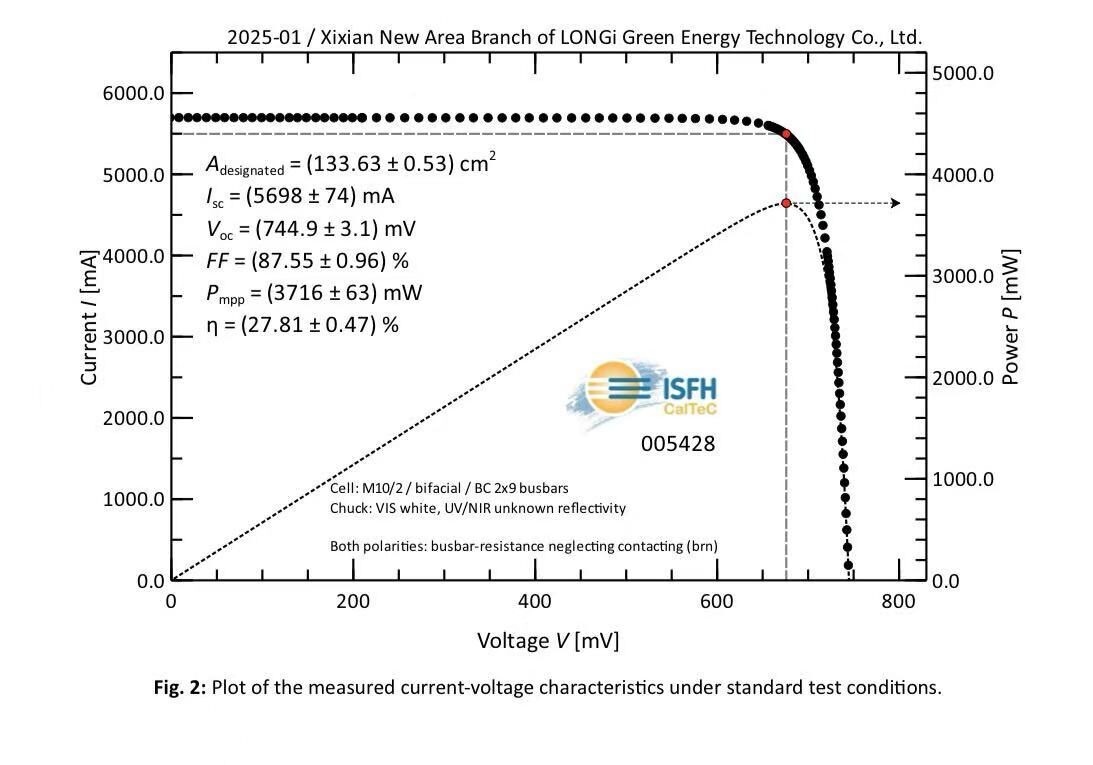“With this report we have identified what we think are the best examples of solar business models from around Europe,” said Solar Power Europe Policy Adviser Sonia Dunlop. “We hope to spread the word and spur deployment across the continent.”
The report covers application segments including social housing, commercial buildings and ground mount solar farms. Four core business models are identified for solar: self-consumption, power purchase agreements, cooperatives and virtual power plants.
Solar technology requires high up-front capital, but has low operating costs and revenue spread out over 20 years or more, says a Solar Power Europe press release. New and innovative financing mechanisms can help to mitigate risks and overcome issues with the up-front costs.
“Ultimately it is about increasing the value of the solar electricity and mitigating risks,” continues Dunlop. “Whether that be on the roof of a business or a ground mount utility scale plant.”
Solar is already set to become the world’s cheapest source of energy within the next 10 years, according to experts at Bloomberg New Energy Finance. Falling costs for the technology mean that business models will be a key feature in ensuring strong uptake at all levels of the market.
The rise of affordable storage technology has also allowed businesses such as German battery makers Sonnen to develop innovative models, such as offsetting peak demand, for solar energy.
This content is protected by copyright and may not be reused. If you want to cooperate with us and would like to reuse some of our content, please contact: editors@pv-magazine.com.




By submitting this form you agree to pv magazine using your data for the purposes of publishing your comment.
Your personal data will only be disclosed or otherwise transmitted to third parties for the purposes of spam filtering or if this is necessary for technical maintenance of the website. Any other transfer to third parties will not take place unless this is justified on the basis of applicable data protection regulations or if pv magazine is legally obliged to do so.
You may revoke this consent at any time with effect for the future, in which case your personal data will be deleted immediately. Otherwise, your data will be deleted if pv magazine has processed your request or the purpose of data storage is fulfilled.
Further information on data privacy can be found in our Data Protection Policy.